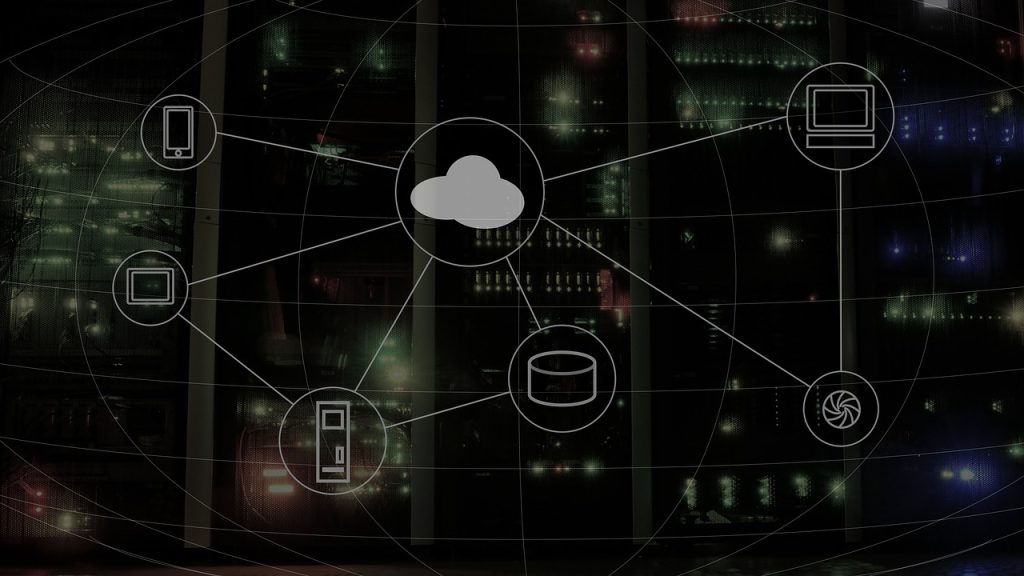As a small or medium business owner, it’s essential to have a disaster recovery plan in place to protect your company in case of unexpected events such as natural disasters, cyber-attacks, or hardware failures. One of the most effective ways to ensure your business can recover from a disaster is by using cloud-managed services for your data backup and recovery needs.
First, let’s define what cloud-managed services are. Essentially, these are IT services provided over the internet (also known as the “cloud”) by a third-party provider. These services include data storage, backups, application hosting, and more.

So why are cloud-managed services essential for disaster recovery? Here are a few key reasons:
- Offsite backup and recovery: One of the biggest advantages of using cloud-managed services for disaster recovery is that your data is stored offsite, away from your physical location. This means that even if your office or facility is destroyed in a disaster, your data will still be safe and secure in the cloud.
- Quick recovery time: In the event of a disaster, time is of the essence. The faster you can recover your data and get your business back up and running, the better. With cloud-managed services, you can quickly and easily access your backed-up data and get your operations back on track.
- Scalability: As a small or medium business, you may not have the resources to invest in a large, on-premises data center with expensive hardware and software. Cloud-managed services offer a scalable, pay-as-you-go model that allows you to only pay for the services you need when you need them. This can be especially useful in the aftermath of a disaster, when you may need to quickly scale up your IT resources to get your business back on its feet.
- Expertise: Working with a cloud-managed service provider gives you access to a team of experts who are trained in data backup and recovery best practices. These professionals can help you set up a disaster recovery plan that meets your specific business needs and ensure that your data is protected in the event of a disaster.
- Cost savings: Implementing a disaster recovery plan can be expensive, especially if you have to purchase and maintain your own hardware and software. With cloud-managed services, you can take advantage of the provider’s economies of scale and pay only for the services you use. This can result in significant cost savings compared to building and maintaining your own disaster recovery infrastructure.
In summary, cloud-managed services are essential for small and medium businesses’ disaster recovery plans because they provide offsite backup and recovery, quick recovery times, scalability, expertise, and cost savings. If you’re not already using cloud-managed services for your disaster recovery needs, now is the time to consider making the switch. Your business, and your peace of mind, will thank you.

